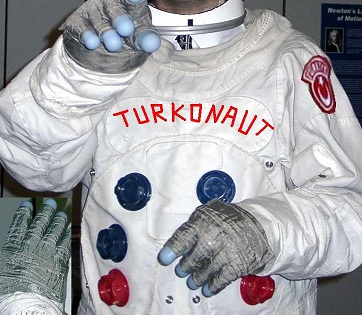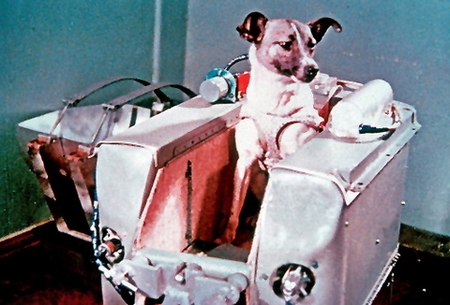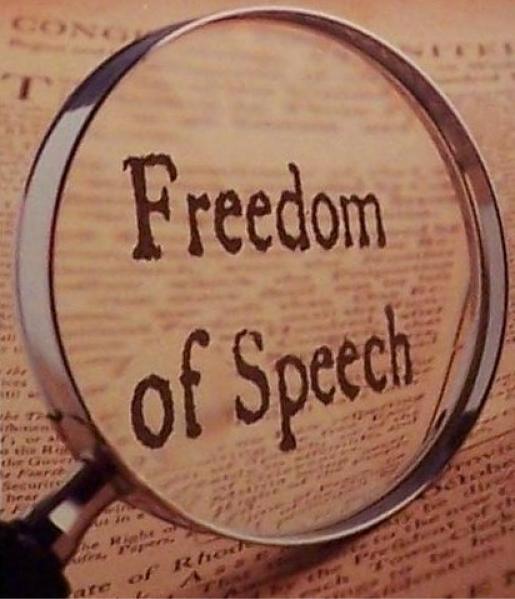
As a space geek I have repeatedly asked myself, why haven’t there been any Turkish astronauts to date? Why hasn’t a Turk even made a suborbital flight, like what Alan Shepherd did in 1961, just weeks after Yuri Gagarin became the first man in space?

In the beginning of the space race, the US appeared to be trailing the USSR for quite some time. The Soviets managed a whole line of firsts, while the Americans trailed every step of the way. The Soviets launched the first satellite – Sputnik; they put the first animal in space – Laika; they put the first man in space – Yuri Gagarin; they made the first space walk – Alexey Leonov on Voskhod 2; they put the first woman in space – Valentina Tereshkova on Vostok 6. But this didn’t mean America was far behind. On September 12, 1962, JFK gave his famous speech when he declared:
“We choose to go to the moon. We choose to go to the moon in this decade and do the other things, not because they are easy, but because they are hard, because that goal will serve to organise and measure the best of our energies and skills, because that challenge is one that we are willing to accept, one we are unwilling to postpone, and one which we intend to win.”
I think some answers to why there have been no Turkish astronauts can be found in JFK’s words. He spoke of goals that would serve to organise what brought out the best people’s energies and skills. Achievement, pioneering, exploration and a priceless sense of adventure is what drives these endeavours, not the goal of earning money.
Two fundamental reasons why Turkey is yet to fly its flag in space
1) The lack of government focus. Every successful space programme has had substantial government backing, not only in terms of financing, but also in terms of vision, focus, morale and a common perspective of exploration and achievement – the sort of achievement that doesn’t only serve the country, but also the human race. Another example of this is CERN. Turkey has withdrawn most its staff at CERN, and is yet to become a member of the European Space Agency (ESA), or participate in any kind of cooperation with the International Space Station.
2) Negative trends in education. The Turkish government allocates 1% of its entire budget on the Directorate of Religious Affairs – crudely speaking the equivalent of say, the Church of England in England. How does this translate? In the academic year 2013-2014, the number of public schools that have been converted to religious imam schools is so high, that the total number of students enrolled in these institutions reached 214,000 students from 94,000 students over the previous year. The government’s focus is to raise a “religious generation,” as they say, rather than invest in science and technology. A space programme requires children to be groomed to become scientists, inventors and engineers, not the equivalent of monks and nuns.
During the space program, the sheer number of American university graduates from science and technology majors literally sky-rocketed.
Astronaut Jim Lovell, a veteran of four space flights (Gemini 7 & 12, Apollo 8 & 13) said in the Discovery Channel’s epic documentary “When We Left Earth” that, “Humans, given the will to do it, can achieve almost anything.”
“…Given the will to do it…“
The complexity of the human brain, being the most advanced tool that any creature has ever possessed in the history of this planet, needs to demonstrate the will to achieve something – whatever that is.
The manned space programs of the US and USSR all gravitated toward a singular goal: explore the moon. In Turkey, today, the brains in charge are still trying to impose their ideology on the people. Their focus is far from science.
That’s why.




